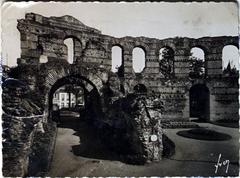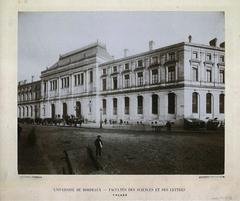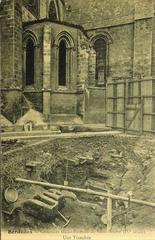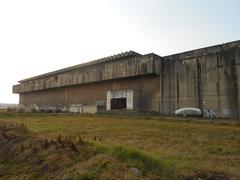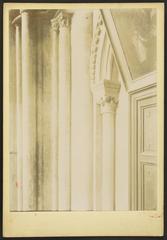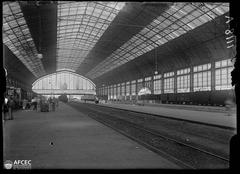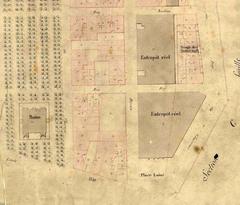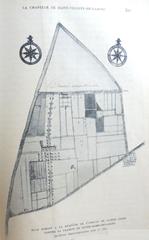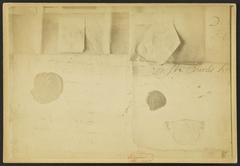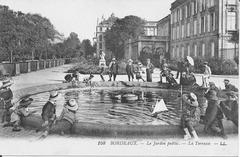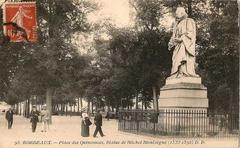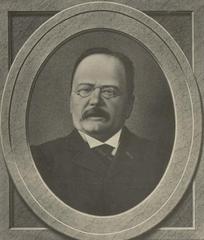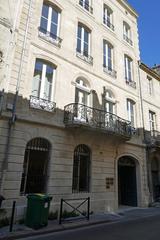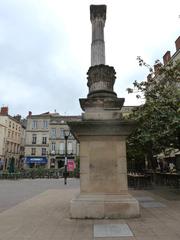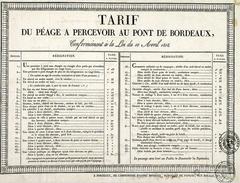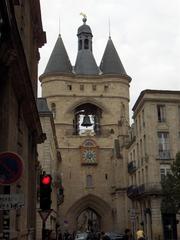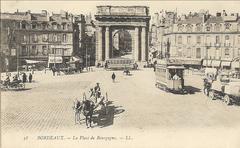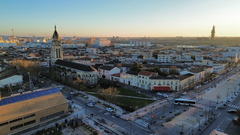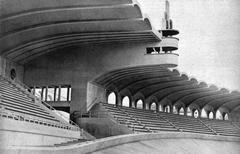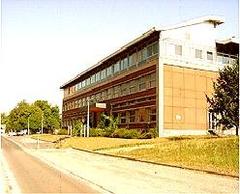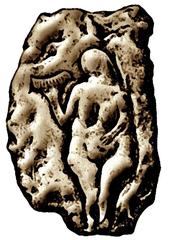Porte Cailhau Visiting Hours, Tickets, and Historical Significance
Date: 18/07/2024
Introduction
Discover the captivating charm of Bordeaux through one of its most iconic landmarks, the Porte Cailhau. This historical gateway is a window into the city’s past, offering a blend of medieval architecture and Renaissance elegance. Erected between 1493 and 1495, the Porte Cailhau commemorates King Charles VIII’s victory at the Battle of Fornovo, symbolizing royal authority and triumph. Strategically located on the banks of the Garonne River, the gate served both defensive and administrative purposes, regulating the flow of goods and people into the bustling port city of Bordeaux (Bordeaux Tourism Office, UNESCO). Today, the Porte Cailhau stands as a magnificent example of French architectural prowess, seamlessly blending medieval defensive features with the elegance of the early Renaissance. Recognized as a UNESCO World Heritage site, it invites visitors to step back in time and immerse themselves in the rich tapestry of Bordeaux’s history.
Table of Contents
- Introduction
- A Walk Through Time - Porte Cailhau’s History and Architecture
- Visitor Information - Making the Most of Your Visit
- Preservation and Restoration Efforts
- The Porte Cailhau in Art and Literature
- A Continuing Legacy
- Conclusion
- FAQ
A Walk Through Time - Porte Cailhau’s History and Architecture
Medieval Origins and Royal Celebration
The story of the Porte Cailhau begins in the late 15th century, a time when Bordeaux was under English rule. Built between 1493 and 1495, it commemorated the French victory at the Battle of Fornovo in 1495. The gate’s construction is attributed to King Charles VIII, who sought to celebrate his victory and solidify French control over Bordeaux.
A Strategic Gateway - Defense and Access
Strategically positioned on the banks of the Garonne River, the Porte Cailhau served as a crucial point of defense for the city. Its imposing structure, complete with machicolations and arrow slits, allowed for effective defense against potential invaders. Beyond its defensive role, the gate also regulated the flow of goods and people into and out of Bordeaux, serving as a vital checkpoint for collecting taxes and ensuring the smooth movement of commerce.
Architectural Grandeur - Blending Styles
The Porte Cailhau stands as a magnificent example of French architectural prowess, seamlessly blending medieval defensive features with the elegance of the early Renaissance. This unique fusion of styles is evident in its design:
- Military Might Meets Renaissance Refinement: The gate’s imposing facade, with its crenellated towers and fortified gateway, harks back to medieval military architecture. However, these robust elements are softened by ornate decorations, such as intricate carvings and sculptures.
- A Symphony of Details: The facade is adorned with sculptures depicting various figures, including:
- Charles VIII: Standing proudly on horseback, the king is depicted as a triumphant warrior.
- Saint John the Baptist: As the patron saint of Bordeaux, his presence signifies the city’s religious significance.
- Mythological Creatures: Gargoyles and grotesques add a touch of whimsy and folklore to the gate’s imposing facade.
From Gateway to Prison - Changing Times
Over the centuries, the Porte Cailhau witnessed significant changes in Bordeaux’s landscape and its own role within the city. During its long history, it served various purposes beyond its initial role as a defensive gateway. In the 16th century, it was used as a prison, and later, it housed the city archives.
Restoration and Recognition - A Treasure Preserved
By the 19th century, the Porte Cailhau had fallen into disrepair. Recognizing its historical and architectural importance, the city of Bordeaux undertook a major restoration project in the late 1800s. Today, the Porte Cailhau stands as a proud symbol of Bordeaux’s resilience and its ability to embrace its past while moving towards the future. It is a UNESCO World Heritage site, recognized for its outstanding universal value and its contribution to the history and architecture of Bordeaux.
Visitor Information - Making the Most of Your Visit
Porte Cailhau Visiting Hours and Tickets
The Porte Cailhau is open to visitors year-round. Here are the current visiting hours and ticket prices:
- Visiting Hours:
- April to October: 10 AM - 6 PM
- November to March: 10 AM - 1 PM and 2 PM - 5:30 PM
- Ticket Prices:
- Adults: €5
- Children (under 12): Free
Travel Tips and Nearby Attractions
- Getting There: The Porte Cailhau is located in the heart of Bordeaux, easily accessible by public transport, bike, or on foot. The nearest tram stop is Place du Palais.
- Accessibility: The gate has narrow staircases and uneven surfaces, which may pose challenges for visitors with mobility issues. It is recommended to check accessibility details in advance.
- Nearby Attractions:
- Place de la Bourse: A 5-minute walk, renowned for its stunning 18th-century architecture.
- Miroir d’Eau: A captivating water feature creating a surreal reflecting pool, located on the Place de la Bourse.
- St. Andrew’s Cathedral: A UNESCO World Heritage site, roughly a 15-minute walk away.
- Musée d’Aquitaine: A 15-minute walk, offering insights into the history and culture of the Aquitaine region.
Special Events and Guided Tours
Throughout the year, the Porte Cailhau hosts various special events and guided tours. These provide deeper insights into the landmark’s history and architectural features. Check the official Bordeaux tourism website for the latest event schedule and tour availability.
Preservation and Restoration Efforts
Over the centuries, the Porte Cailhau has undergone several restorations to preserve its architectural integrity. In the 19th century, it was threatened with demolition but was saved thanks to the efforts of local historians and preservationists. Today, it is carefully maintained by the city of Bordeaux, ensuring that future generations can continue to marvel at this architectural treasure.
The Porte Cailhau in Art and Literature
The Porte Cailhau’s striking appearance has inspired artists and writers for centuries. It has been featured in countless paintings, drawings, and photographs, capturing the imagination of those who have witnessed its grandeur. Local legends and folktales often mention the gate, weaving it into the fabric of Bordeaux’s cultural narrative.
A Continuing Legacy
The Porte Cailhau stands as a testament to the enduring power of history and architecture. It is a place where the past and present intersect, offering visitors a unique opportunity to connect with Bordeaux’s rich cultural heritage. As a symbol of victory, royal authority, and architectural brilliance, the Porte Cailhau continues to captivate and inspire all who visit.
Conclusion
A visit to the Porte Cailhau is more than just admiring an ancient structure; it’s about stepping back in time and immersing oneself in the rich tapestry of Bordeaux’s history. As you stand before its imposing facade, imagine the city as it once was—a bustling medieval port, protected by sturdy walls and grand gateways like the Porte Cailhau. The Porte Cailhau is a testament to the enduring power of history and architecture to transport us to another time and place. Preserved through meticulous restoration efforts, it remains a proud symbol of Bordeaux’s resilience and its ability to embrace its past while moving towards the future. Recognized as a UNESCO World Heritage site, the Porte Cailhau continues to captivate and inspire all who visit (UNESCO, Bordeaux Tourism Office).
FAQ
- What are the opening hours for Porte Cailhau?
- April to October: 10 AM - 6 PM
- November to March: 10 AM - 1 PM and 2 PM - 5:30 PM
- How much do tickets to Porte Cailhau cost?
- Adults: €5
- Children (under 12): Free
- Is the Porte Cailhau accessible for people with disabilities?
- The gate has narrow staircases and uneven surfaces, which may pose challenges for visitors with mobility issues. Please check accessibility details in advance.
- What are some nearby attractions to the Porte Cailhau?
- Place de la Bourse, Miroir d’Eau, St. Andrew’s Cathedral, and Musée d’Aquitaine are all within walking distance.
For more information on Bordeaux’s historical sites, download the Audiala app or follow us on social media for the latest updates.
References
- Bordeaux Tourism Office. (n.d.). https://www.bordeaux-tourism.co.uk/discover-bordeaux/unmissable-bordeaux/the-must-sees/porte-cailhau
- UNESCO. (n.d.). https://whc.unesco.org/en/list/1256/
